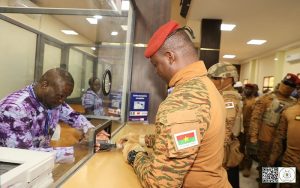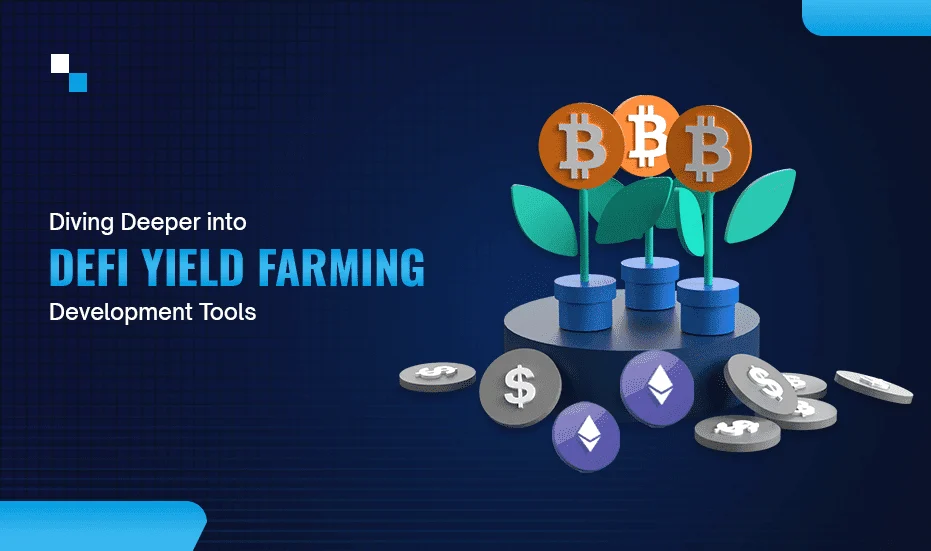Washington, DC – June 20, 2025 – The Executive Board of the International Monetary Fund (IMF) has completed the third review of Burkina Faso’s economic program under the 48-month Extended Credit Facility (ECF), allowing for the immediate disbursement of approximately US$32.8 million. This brings total disbursements under the program to around US$131.3 million since its launch in September 2023.

Ibrahim Traore visiting state bank. Image via X/CapitaineIb226
Burkina Faso’s economy has proven resilient notwithstanding security challenges, a difficult humanitarian situation, and weather shocks. A lasting improvement in socio‑economic conditions will require progress on security and structural reforms to foster diversification, fiscal governance, and resilience.
Despite facing persistent security challenges and a fragile humanitarian situation, Burkina Faso’s economy showed notable resilience in 2024. Favorable weather conditions boosted agricultural output, offsetting declines in mining and manufacturing—particularly in gold, the country’s main export. Real GDP grew by 5.0% in 2024 and is projected to increase by 4.2% in 2025.
Fiscal Adjustments and Reform Progress
Program performance was described by the IMF as “broadly satisfactory.” Although Burkina Faso missed two end-2024 performance criteria—on the primary fiscal deficit and net domestic financing—by 0.6% of GDP, the IMF granted waivers, acknowledging corrective steps outlined in the 2025 budget. All continuous performance criteria were met, and seven of eight structural benchmarks were achieved, with the remaining one completed as a prior action.
The government also cleared all verified domestic arrears outstanding at end-2023, adopted a clearance plan for remaining arrears, and committed to further transparency measures. Structural reforms are increasingly centered on fiscal governance, procurement integrity, and wage bill oversight.
“The authorities have responded decisively to fiscal slippages and remain committed to reducing the overall fiscal deficit to 3% of GDP by the end of the program,” said Kenji Okamura, IMF Deputy Managing Director and Acting Chair. “Their reforms signal a determination to strengthen transparency, tackle corruption, and enhance public financial management.”
Stabilizing Inflation, Improved External Position
Inflation is expected to ease to 3.0% in 2025, down from 4.2% in 2024, thanks to falling food prices. On the external side, Burkina Faso benefited from record-high global gold prices, which helped to improve its balance of payments despite a wider current account deficit in 2024. The deficit is forecast to narrow from 5.7% of GDP in 2024 to 3.4% in 2025.
The overall fiscal deficit declined from 6.7% of GDP in 2023 to 5.8% in 2024, and further fiscal tightening is planned for 2025, contingent on concessional financing availability.
Risks Remain Tilted to the Downside
The IMF noted that terrorist threats and regional instability continue to pose significant downside risks to the country’s economic outlook. The Fund stressed the importance of safeguarding social spending, improving revenue mobilization, and deepening financial sector resilience to maintain growth momentum.
A forthcoming Governance Diagnostic Assessment (GDA) by the IMF is expected to further shape Burkina Faso’s anti-corruption and fiscal transparency agenda. Authorities have pledged to publish the report and adopt an action plan within four months of its release.




